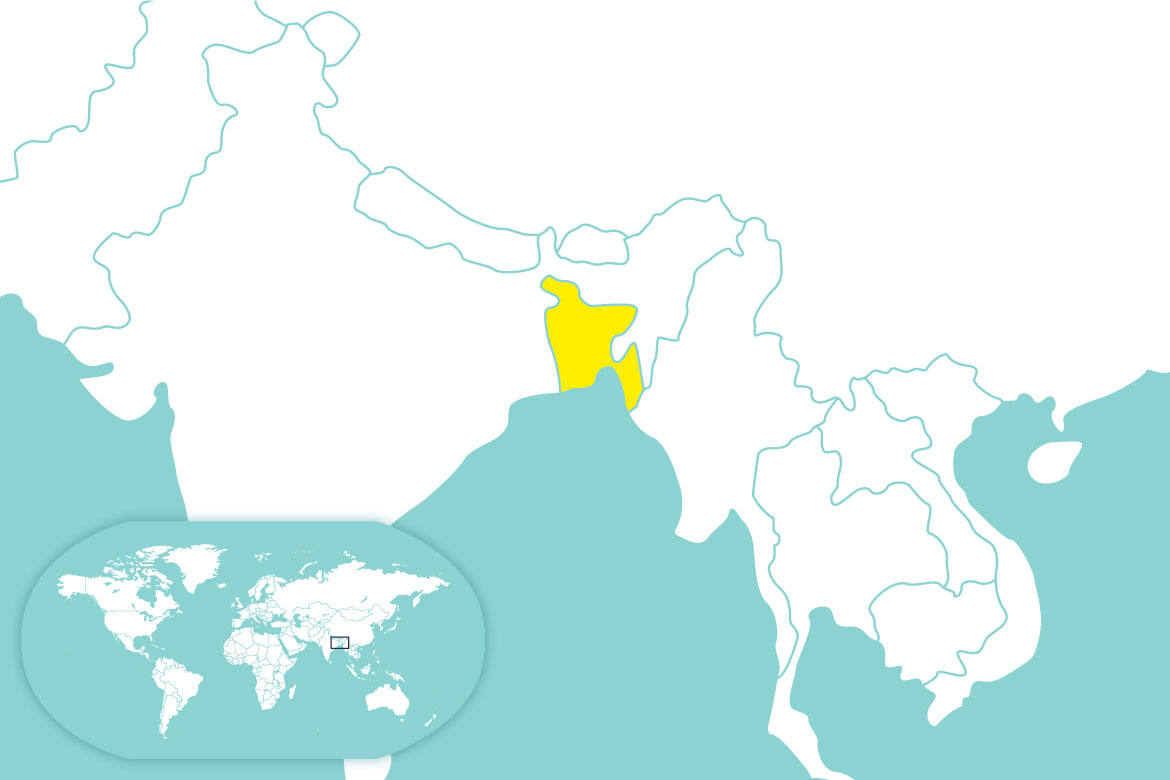South Eastern Europe | Bosnia and Herzegovina
Help for people in Bosnia and Herzegovina | ASB Foreign Aid
The first humanitarian convoys that brought much-needed aid to the besieged city of Mostar in Bosnia and Herzegovina in 1992, a year of war, carried the ASB logo. ASB has been helping people in need in Bosnia for 30 years. Through numerous projects in the areas of emergency relief, return and reintegration, socio-economic integration, housing and infrastructure, as well as strengthening civil society, 30,000 people in more than 80 municipalities throughout Bosnia and Herzegovina have been supported. In addition, the ASB office in Sarajevo acts as a regional office for South East Europe, supporting projects in the Balkan countries.
read more
